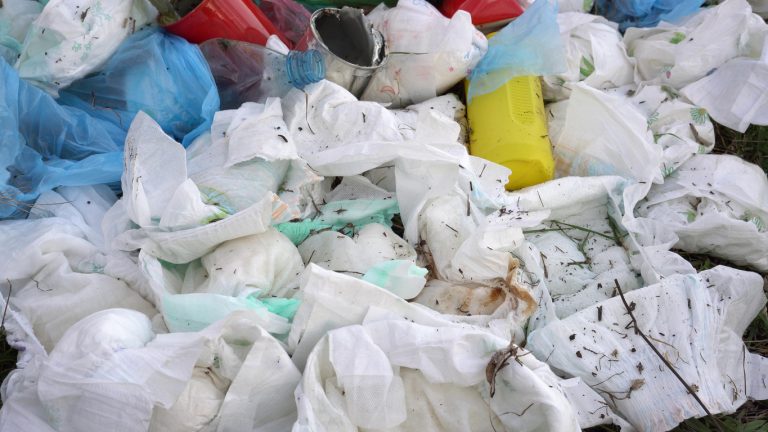
Jan 31, 2022 | BLOG
The Government’s Department for the Environment, Food and Rural Affairs (DEFRA) have responded to public calls to tackle the problem of plastic waste in the environment by issuing a Call for Evidence, closing on 12th February 2022.
Its purpose is to gather information on plastic waste from as many sources as possible, including ones that they may not be aware exist. The Government have asked for information initially on wet wipes, coffee cups, sachets, and cigarette filters, but they have also asked if they should include other items in their scope.
This is an excellent opportunity to highlight the urgent need to tackle single-use nappy waste and bring it to the top of the government’s agenda on plastics. We need as many people as possible to respond to the consultation and share their views on the problems of nappy waste.
Although we know that single-use nappies create millions of tons of waste per year, the Government is more likely to take firm action on the issue when a bigger number of individuals and organisations bring up nappies when opportunities like this consultation arise.
This is an opportunity to share your expertise and shape a future policy and is open for anyone to take part in, so please encourage as many people as possible to respond! You don’t need to be an expert, but if you have particular knowledge or information it can be useful to share it.
The call for evidence is sorted into questions to make the information clearer.
You do not need to answer every question, and you can make points that don’t refer to any specific question.
DEFRA has provided three options: using their online form, by email or in writing/by post. The details are:
Online at https://consult.defra.gov.uk/environmental-quality/call-for-evidence-on-commonly-littered-and-problem/
By email to Plastics.consultation@defra.gov.uk
Or in writing to Call for evidence on problematic plastics and commonly littered items., Consultation Coordinator, Defra, 2nd Floor, Foss House, Kings Pool, 1- 2 Peasholme Green, York, YO1 7PX.
The closing date is Saturday 12th February 2022.
Questions 1-8 are Yes/No questions about some of the policy ideas which already exist. You don’t have to answer any that you have no opinion about, or if you don’t know about that area of policy.
Question 9 asks for evidence on alternatives to single-use wet wipes containing plastic. This is where we can include most information on reusable wipes. You may wish to include the following points in your answer:
Alternatives to plastic single-use wipes are cotton wool and water, plant-based single-use wipes, or reusable wipes.
Single-use wipes made from cotton or bamboo can still take up to 12 weeks to decompose, meaning that if flushed they can still cause blockages.
Single-use wipes and cotton wool are still single-use products, contributing to resource consumption, which is responsible for up to 50% of carbon emissions and 90% of biodiversity loss globally.
Single-use products (even from supermarket own brands or “value” brands) are more expensive in the long term than their reusable alternatives.
Single-use wipes (even if plastic-free) still contain preservatives and chemicals which can irritate the skin. At an industrial level these are a biohazard.
Reusable wipes are very affordable, even for those on lower incomes – available from £5-30 for a multipack with no need to spend more once you have enough wipes.
They are easy to use and are more effective at cleaning a baby’s bottom, face or hands than a single-use alternative as they are larger, sturdier and textured.
They can be used from birth, as they are made from baby-friendly fabrics and designed to be used with plain water (midwives recommend using cotton wool and water from birth)
They can be washed and used indefinitely for multiple children, or repurposed and used around the home when no longer needed for children.
The environmental impact of reusable wipes is under the control of parents, who can take steps to reduce their impact such as using lower temperatures, eco-friendly detergents and efficient washing machines.
There is still an environmental impact of the production of reusable wipes, but this is much lower. Only around 30 wipes are needed per child (more may be needed for larger families) but as they are a reusable product, far fewer resources are used. A family using single-use wipes will use several kilograms of wipes per year, compared to 30 reusable wipes which can be used indefinitely.
There is no reason to complete the sections on tobacco filters, cups and sachets unless you wish to.
The final questions are an opportunity to add in items which are not in the scope of the other questions – this is an excellent opportunity to raise the issue of single-use nappies and reusable alternatives!
Single-use absorbent hygiene products (nappies, sanitary towels etc) are responsible for around 1% of global plastic production.
In the UK we throw away around 3.6bn single-use nappies per year, which makes up around 8% of residual waste and costs councils over £140m per year to collect and dispose of.
Using single-use nappies on a baby until potty training creates around 900kg of waste in landfill or incineration. Around 737kg of that is untreated human waste!
A plastic-based single-use nappy can take around 500 years to break down in landfill.
If incinerated a single-use nappy will release CO2 and other harmful gases into the atmosphere (regardless of whether they are a conventional plastic single-use product or a so-called eco-disposable)
Single-use nappies are one of the main sources of recycling contamination, partly due to misleading labelling on packaging and claims by manufacturers.
Single-use nappies can break down into microplastics, can harm wildlife and the marine environment and are in the top 25 of all plastic items found on the ocean floor.
Reusable nappies made of fabric have been used for thousands of years in cultures all around the world. Today reusable nappies use modern technology and design to create nappies which are functional, attractive, comfortable for baby, easy to use and affordable for families.
Reusable nappies use 98% fewer natural resources and generate 99% less waste than single-use nappies.
As a reusable nappy is designed to be washed and reused, drastically reducing the quantity of resources used and carbon emissions in comparison to single-use. As parents only need around 25 reusable nappies for full time use, compared to around 5,000 single-use nappies, the quantity of natural resources and the amount of carbon emissions from manufacturing, transporting, and disposing of these nappies is exponentially lower.
Parents who use reusable nappies are in control of their environmental impact and can choose environmentally friendly detergents, energy efficient washing machines and wash temperatures, low-energy drying methods such as an airer or washing line and how they get rid of the nappies when they are finished with them.
Rather than being sent to landfill or incinerated, reusable nappies that are no longer needed can be resold, donated, and even upcycled or repurposed.
Reusable nappies can save parents over £1000 compared to some single-use brands, and families who use their nappies for more than one child save even more money and resources.
So-called “eco-disposables” are marketed with phrases such as “biodegradable”, “plant-based”, “compostable” and other similar words are often suggested as a replacement for reusable nappies, but they are still a single-use product. There are many reasons that these nappies are not a good environmental alternative, such as:
An increasing amount of waste is incinerated in the UK, meaning that any benefits from creating a nappy out of biodegradable materials is lost.
Words like “compostable” or “biodegradable” often lead to confusion amongst consumers – most “compostable” nappies need an industrial composting system to break down which is not available in all parts of the UK. Some people might mistakenly dispose of them in a recycling or garden waste bin, contaminating the rest of the contents. Disposing of soiled nappy waste in a home composting bin is not recommended due to the presence of pathogens.
As a single-use product, an “eco-disposable” nappy still requires 5000-7000 single-use nappies per child to be transported – first from the manufacturers to the retailers, and finally from the retailers to the consumer. They then need to be collected for disposal when used, usually by local authority waste collection services. Reusable nappies require far fewer journeys to be made at all parts of the life of the nappy!
It’s a good idea to add any new information that you may have – for example a survey, anecdotal evidence or real life examples.
You don’t need to be an expert to respond to this consultation – you just need to give your own opinion. People who might have useful points of view on reusable wipes and nappies include:
– Parents or carers who have used reusables
– People who run nappy libraries
– Healthcare professionals, like midwives or health visitors
– People who run non profit services like food banks or baby banks
– Environmental groups (like a local litterpicking group or a local eco group)
– Retailers of eco-friendly products (even if you don’t stock reusable nappies or wipes)
If you have completed the consultation, and want to take more action, it can also be a good idea to write to your local MP about it.
You can copy and paste your answers into a letter and explain why you feel strongly about this issue. Members of Parliament are always more likely to respond to personal letters from constituents than template letters or petitions.
You can find out who your MP is and their contact details at https://www.parliament.uk/get-involved/contact-an-mp-or-lord/contact-your-mp/
And please let them know that if they want any more information on reusable wipes or nappies they can contact the Nappy Alliance at info@nappyalliance.co.uk for more information!
Let us know that you have added your voice to the campaign – tag @NappyAlliance in a tweet or use the hashtag #defrawipesevidence
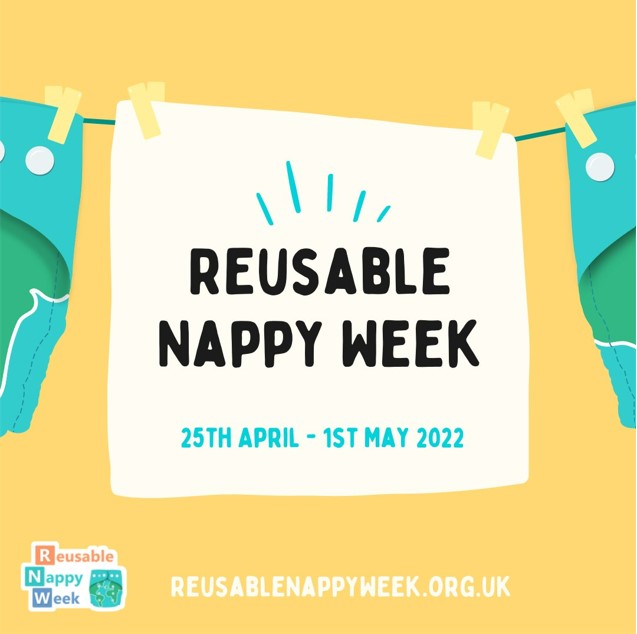

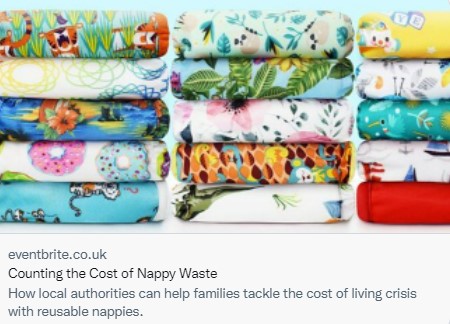 We have been contacted by many parents who want to know how to convince their local authority to introduce a scheme, and Reusable Nappy Week is a great time to get active and to contact your local representatives to make sure they know how important this issue is.
We have been contacted by many parents who want to know how to convince their local authority to introduce a scheme, and Reusable Nappy Week is a great time to get active and to contact your local representatives to make sure they know how important this issue is.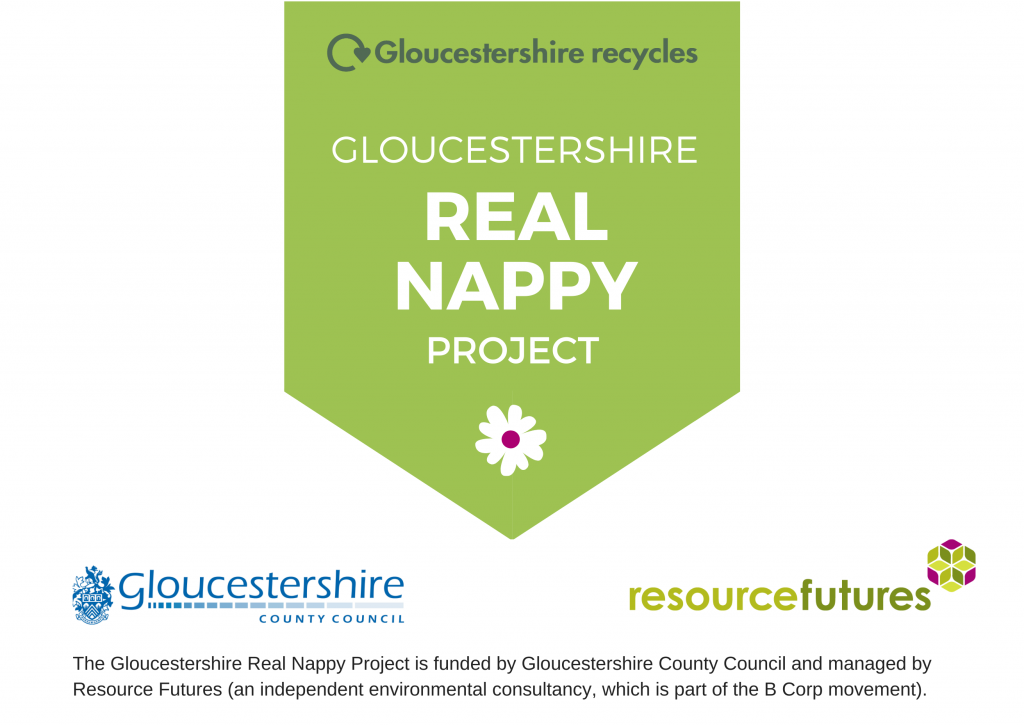
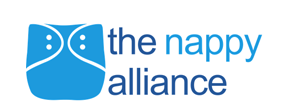


 “Having my first child 17 years ago brought home to me the importance of protecting our environment which is why I launched Cheeky Wipes and our best-selling Reusable Wipes kit back in 2008. We added Cheeky DooDoo reusable nappies to our range of ‘Simple Reusables’ last year which have been a hit with parents. We are really looking forward to being part of the Nappy Alliance to promote reusables as the easy alternative to disposable wipes and nappies which create literally mountains of unnecessary waste.”
“Having my first child 17 years ago brought home to me the importance of protecting our environment which is why I launched Cheeky Wipes and our best-selling Reusable Wipes kit back in 2008. We added Cheeky DooDoo reusable nappies to our range of ‘Simple Reusables’ last year which have been a hit with parents. We are really looking forward to being part of the Nappy Alliance to promote reusables as the easy alternative to disposable wipes and nappies which create literally mountains of unnecessary waste.” Guy Schanschieff commented:
Guy Schanschieff commented:





